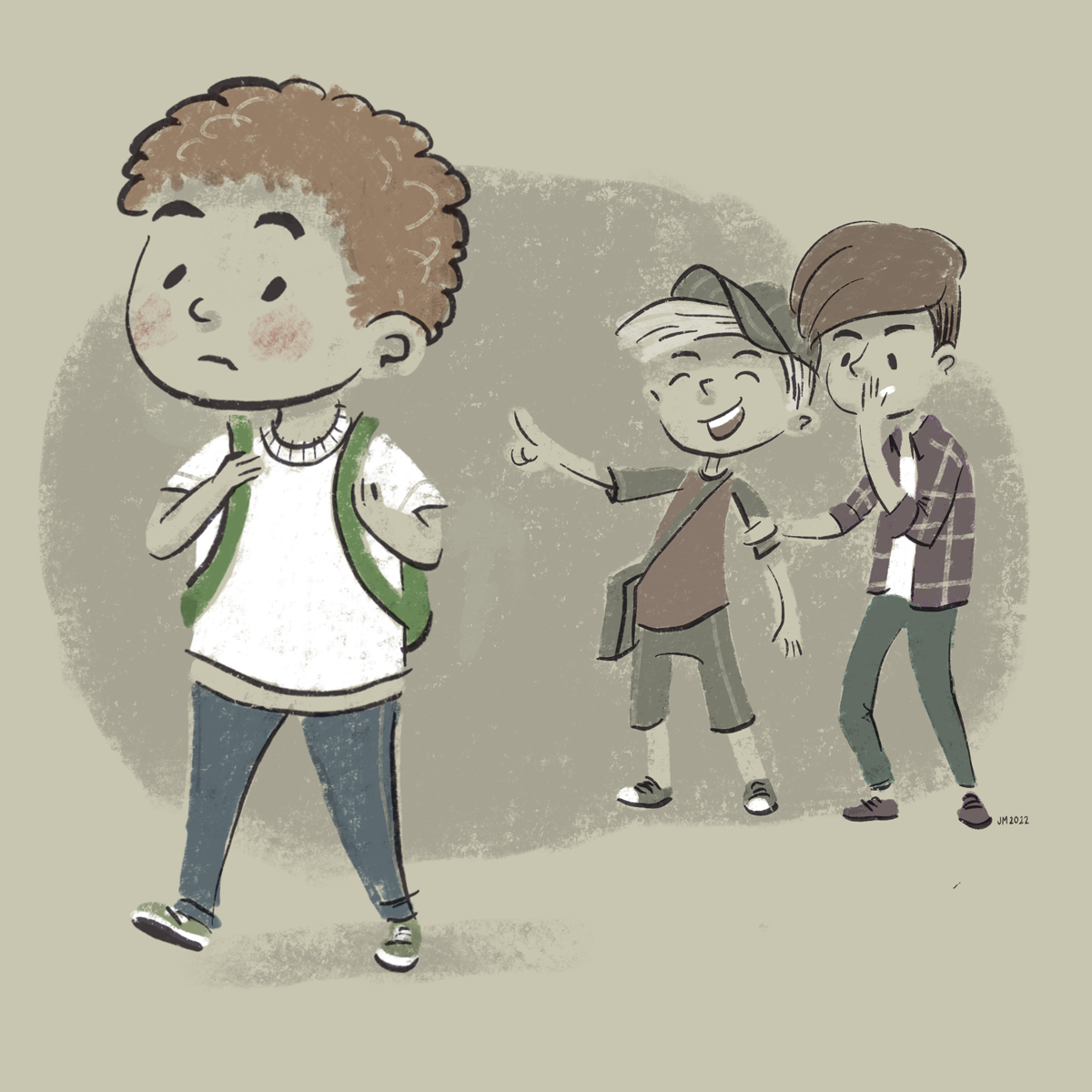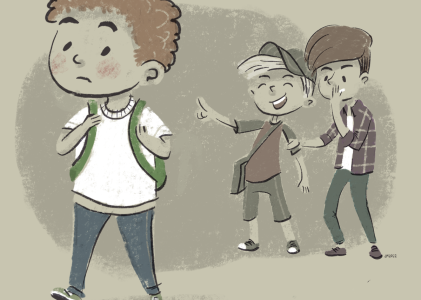Brain differences can make it tough to learn social skills. Read on to better understand why your child struggles and what you can do to help.
If you’ve ever watched your child stand awkwardly outside a group of children playing together, or comforted your child while she describes kids making fun of her at school, you understand how painful it can be to struggle socially. For some children, periods of shyness or social awkwardness are relatively brief and don’t get in the way of making friends. Other children experience more persistent and significant social difficulties that may indicate weak social skills. If your child consistently struggles to make and keep friends, you may need to help them improve their social skills.

Social skills are an important part of every child’s development. They help children create and maintain healthy relationships and help them know how to behave in social situations. Your child’s ability to relate to people may impact how well they do in school and other important settings.
Many children learn social skills by watching others and practicing what they see and hear. These children learn naturally from their peers. They figure out what to do and what not to do based on how others react to them.
Other children struggle to learn social skills in their natural environment. Sometimes this is caused by underlying neurological differences that affect the way children process information and regulate their responses. They may have trouble perceiving and understanding social patterns and cues, organizing and prioritizing information, regulating their behavior, and quickly retrieving words. This often leads to a downward spiral in which they are rejected by peers because of their poorly developed skills, and then they fall further behind socially. These children frequently have trouble getting along with others and making and keeping friends.
Weak social skills commonly occur in children diagnosed with attention deficit hyperactivity disorder (ADHD), autism spectrum disorder (ASD), and social communication disorder (SCD). These children often have trouble with some or all of these components of social interaction:
Perception
- Trouble picking up on facial expressions or body language
- Not listening, missing key details of the conversation
- Being oblivious to rejection cues
Interpretation
- Being overly literal, misunderstanding sarcasm
- Difficulty “reading between the lines” or understanding subtext
- Trouble seeing things from another’s point of view
- Not knowing how to greet people, get attention or ask for information in appropriate ways
Response
- Sharing overly personal information
- Interrupting conversations, blurting out answers
- Going off-topic, having scattered or disorganized thoughts
- Talking too much
- Constantly moving around and fidgeting
- Not adapting language to different situations or people
- Becoming overwhelmed or shutting down
- Struggling to retrieve words quickly
- Ending conversations abruptly
Poor social skills are unlikely to improve without some form of intervention. Since these skills are necessary for your child to succeed in school and other important areas, here are some ways you can help your child improve their social skills.
- Model prosocial behavior
- Take turns. Have family members take turns with things like selecting games, picking conversation topics, or deciding which park to visit. Talk about how it feels to wait your turn and the benefits of letting everyone take a turn.
- Be flexible. Share examples of how you handle changes in plans and disappointment in your daily life. For example, “I felt disappointed when my friend Jessica had to cancel our lunch plans. I sat for a moment and then decided to pick up lunch and take it to a park. It was fun watching people play frisbee while I ate my sandwich.”
- See things from another’s perspective. Talk about how you made decisions during your day so your child can put themselves in your shoes. For example, “A person at work was acting really grouchy today, so I asked him if something was wrong. It turns out that he was up most of the night taking care of his sick dog and didn’t get enough sleep. I sure know how that feels, to be tired and grouchy, so I brought him a treat at lunch to make his day a little better.”
- Sneak lessons into movie nights and bedtime stories
- Watch a comedy. Comedies often portray socially awkward situations and discussing these situations can help your child understand unspoken social rules and why things are funny. Keep the remote handy and pause the movie to decode a character’s actions, notice body language, and point out situations in which a character’s actions don’t match what they’re saying.
- Read a book together. Talk about the characters’ actions and motivations. For example:
- “What do you think Johnny is feeling?”
- “What makes you think that?”
- “Why do you think he made that decision?”
- “How did other people feel about what he did?”
- Maximize social opportunities
- You may want to shelter your child from challenging situations, especially situations where they might be teased or bullied. However, you must give them opportunities to engage and learn. As a parent, you can’t replace peer interactions.
- Involve your child in extracurricular activities. Find an activity in which your child is interested and motivated. If possible and appropriate, stay at the event and observe them. Gently provide active feedback and guidance, if you have a chance to do so without embarrassing them. Afterward, talk to them about what went well and where they struggled. Help them figure out what to keep doing and what to change.
- Schedule play dates. Invite children to your house or meet at a park or other public space. Talk about social rules with your child beforehand, such as greeting people, taking turns, being flexible, etc. Monitor and coach your child during the play date, and talk about how it went after the play date is over.
- You may want to shelter your child from challenging situations, especially situations where they might be teased or bullied. However, you must give them opportunities to engage and learn. As a parent, you can’t replace peer interactions.
Practicing these tips may help your child interact with other children more effectively. However, if your child has significant trouble making and keeping friends, they may benefit from professional help. A trained mental health professional can assess and address any underlying developmental or mental health issues and help you access social skills training for your child. Talk to your child’s primary care doctor, or contact the caring professionals at Athena Care today.

Rachel Swan, MS
Editor
Rachel has a Masters of Science in Clinical Psychology from Vanderbilt University, where she spent 16 years as a Research Analyst in the Psychology and Human Development Department.


